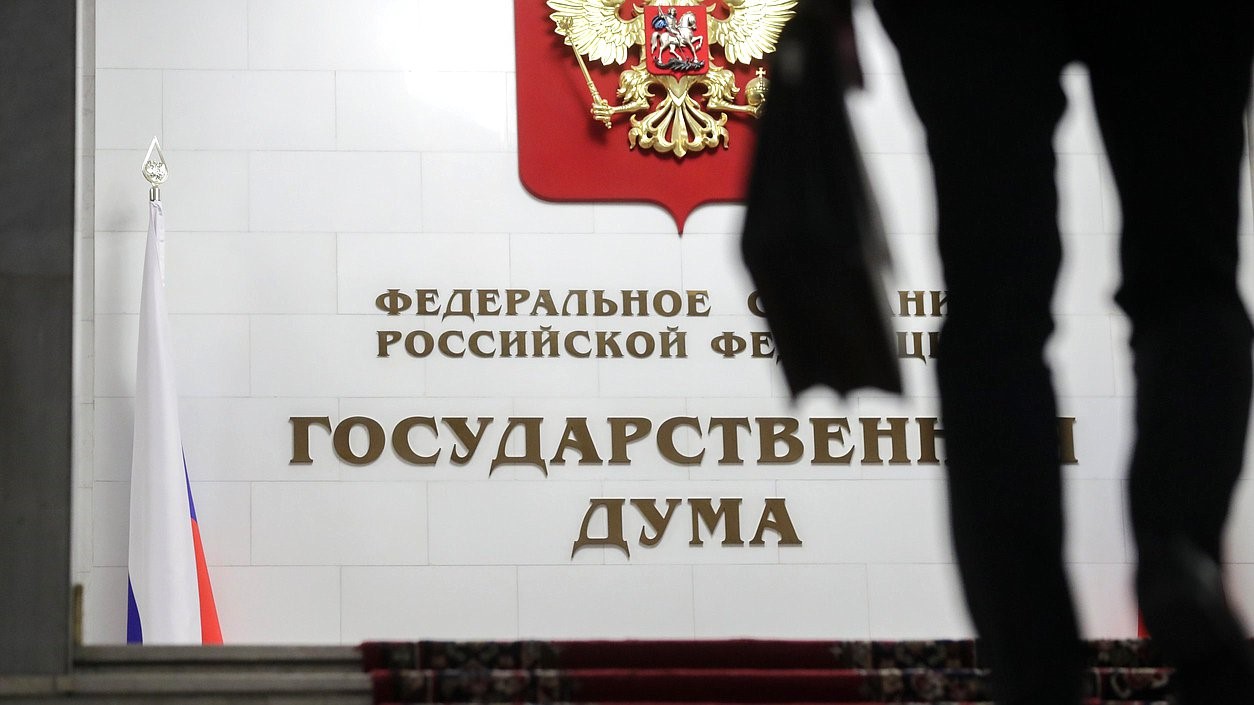
Russia Monitor is a review of the most important events related to Russian internal and external security, as well as its foreign policies.
Date: 29 July 2022 Author: Grzegorz Kuczyński
State Duma Adopts Harsher Treason Penalties
Amendments to the Russian criminal code further engulf the country in a climate of fear, giving the regime tools to persecute journalists and pundits.

State Duma, the lower house of the Russian parliament, on July 6 adopted a raft of amendments on treason and espionage to the Russian criminal code. They expand Russia’s existing definition of state treason and espionage. State treason is punishable by between 10 and 20 years in prison under Article 275 of Russia’s Criminal Code. The legislation will expand Russia’s existing definition of espionage, amending Article 276 of the Criminal Code, also punishable by up to 20 years in prison. The new law lays out prison sentences for those found guilty of distributing “false information.” Once amended, Russian law would impose the following penalties for such incitements: up to eight years for participating in the activities of foreign organizations, up to seven years in prison for online actions intended to undermine Russian security, and up to four years in prison for exhibiting Nazi symbols. A new law was added to Article 275.1 of Russia’s Criminal Code that criminalizes any “secret” contact not just with foreign intelligence agencies but also with any foreign or international organization at all that acts in the interests of a foreign intelligence agency. The new legislation applies to “the collection of intelligence to be transferred to the foreign-based enemy any information that could be used against the Russian Federation and its security.” The law is yet vague, which makes its possible interpretations countless. Those that might be trialed for espionage could be people drafting reports for international organizations or those doing interviews with a foreign-based news media outlet that might harm state security, according to the Russian authorities. If a person collects data from public resources, they cannot be convicted of treason. If a Russian citizen manages to convey information that constitutes a state secret or succeeds in aiding one of these groups, it qualifies as treason. It remains unclear how the authorities intend to determine such “assistance.” Those affected could be organizations labeled as “foreign agents” or foreign media outlets. According to human rights defenders in Russia, virtually anyone who has ever contacted a foreigner or a scientist working for a foreign-based scientific paper could be convicted of state treason. More treason and espionage cases are to be expected. Between 2009 and 2013, a total of 25 people were convicted, with an uptick since 2014 as the number of convicted rose from 15 in 2015 to 17 in 2021.
Support Us
If content prepared by Warsaw Institute team is useful for you, please support our actions. Donations from private persons are necessary for the continuation of our mission.
_________________________________
All texts published by the Warsaw Institute Foundation may be disseminated on the condition that their origin is credited. Images may not be used without permission.















